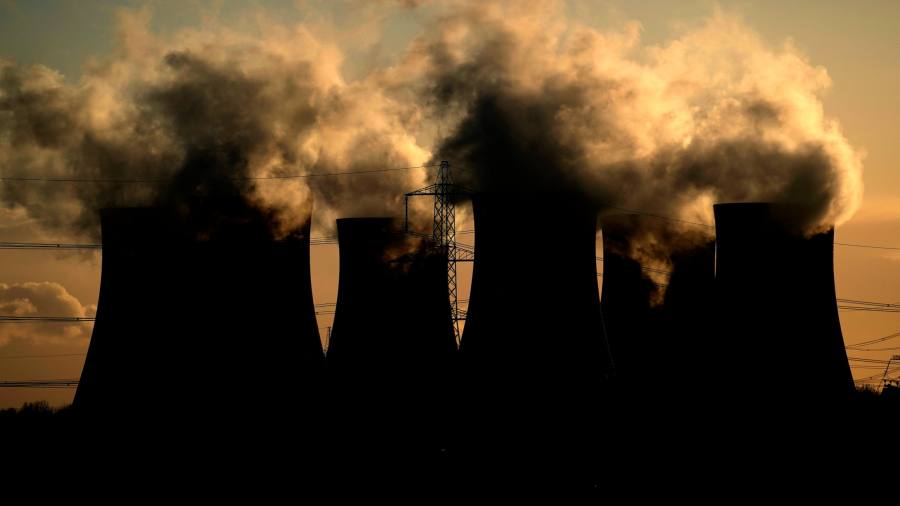
Government dithering over whether to raise windfall taxes has resembled death by a thousand paper cuts for UK energy groups. Jeremy Hunt is expected to put them out of their misery soon.
On Thursday, the chancellor is tipped to impose a 40 per cent tax on “the excess returns” of electricity generators. He may increase sectoral levies on North Sea oil producers from 25 to 35 per cent.
It is unclear whether these taxes would be purely retrospective. If so, sympathetic economists will argue they will not deter investment. It is the kind of point favoured by people with debating skills stronger than their street smarts. Reactive policymaking might be expected to merit a broad discount from global investors.
Hunt’s likely targets are generators operating under Renewable Obligation Contracts, such as biomass specialist Drax and some older offshore wind farms. Drax should nearly double its operating profit this year.
Older nuclear generators, including Centrica’s, will be in the chancellor’s cross hairs too. They make less use of forward hedges, therefore making more money when power prices soar. Gas turbine generators would also be hit given they are passing on steep natural gas prices.
Academics have found that higher taxes deter investment by increasing the cost of capital. That was the presumed effect back in 1997, after Tony Blair’s new Labour government laid a tax on generators that had been privatised the decade before. However the sky did not fall in for the sector, notes Stuart Adam at the Institute for Fiscal Studies.
This year, negative effects are already apparent. One example is that UK gas generators that usually put in orders for turbines this quarter have not done so, according to Credit Suisse. Meanwhile, chair of Spanish utility Iberdrola Ignacio Galán has said that 87 per cent of the Spanish utility’s investment will go to foreign markets in 2023-2025. He is unhappy about Spain’s tough domestic price controls on his industry.
But critics of windfall taxes, a group that includes Lex, have a problem. Our case against these levies is theoretical and partly anecdotal. The need for the UK government to raise taxes is clear and urgent. Asked why he robbed banks, armed robber Willie Sutton replied: “That’s where the money is”. Amid soaring energy company profits, Hunt might pragmatically make the same point.
The Lex team is interested in hearing more from readers. Please tell us what you think the prospects for energy investment are over the next year in the comments section below.